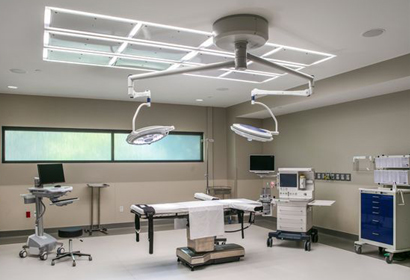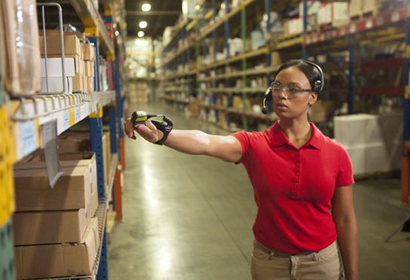LOGISTICS FACILITY
Shiva's logistics facility for healthcare involves careful planning and consideration of various factors to ensure the efficient and timely distribution of medical supplies, equipment, and pharmaceuticals. Here are some key components and considerations for establishing a logistics facility for healthcare:
1. Location:


2. Facility Design:
3. Inventory Management:


4. Transportation:
5. Regulatory Compliance:


6. Collaboration with Stakeholders:
7. Technology Integration:


8. Emergency Preparedness:
9. Quality Control:


10. Sustainability:
11. Training and Certification:


12. Technology for Traceability:
13. Collaboration with Regulatory Authorities:

Shiva's a well-designed and efficiently managed logistics facility for healthcare is crucial for the timely and safe delivery of medical supplies, ultimately supporting the healthcare industry in providing quality patient care.





